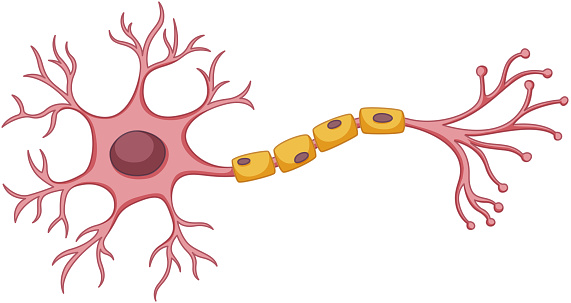
We have observed that the simultaneous occurrence of the sleep-wake cycle and night-day cycle is not a mere coincidence.
The primary factor that underlies the simultaneous occurrence is the darkness-light cycle. Whether you prefer sleeping in the dark or with light, we will learn which preference ensures quality sleep.

As explained in previous articles, a chemical in the brain – melatonin, plays role in the brain sleep switch. It causes disruption of some continual message transmissions in the brain and cuts off the alertness messages in the brain to induce sleep. The brain is a mesh of wire-like tiny strands of various lengths, called nerve cells, well-arranged in bundles. The strands continually transmit messages similar to electric current among themselves to control the functions of the brain itself and the entire body. The strands are connected to each other at gap junctions, by having their ends very close to each other, where the message-sending strand releases chemicals that will act on the nearby message-receiving strand to achieve message transmission or disruption.

The melatonin is also released at these junctions, but specifically causes message disruption with resulting alertness cut-off. Night-time darkness and brain fatigue cause plenty of melatonin release, and it gets cleared from the brain by exposure to daylight and brain freshness. The natural night-day cycle generates this melatonin release and clearance to cause a natural sleep-wake cycle. This ensures that the brain and the body it controls take repeated programmed momentary breaks to rest and recoup for further work. All these followed the discoveries made between the nineteenth and twentieth centuries about the roles of the brain in the sleep process including the fact that sleep is a brain-generated state of rest where both the body and the brain are shut down for a sleep-rest-reset setting.
Quality sleep helps to repair our brain and body, allow muscle recovery, fight illnesses and chronic conditions, put up a better mood and help children grow. Not getting enough quality sleep results in the body and mental ill-health and poor function. Meanwhile, stimulations from external perceptions of sound, touch, light, taste and smell provoke the continual message transmissions and counter the alertness cut-off, causing brain alertness arousal and poor sleep quality.

When we’re exposed to lights at night, our brain produces less sleep-inducing melatonin, and our body’s sleep-wake cycle is disrupted. This can disturb falling and staying asleep, or sleeping well with the attendant consequences. Over time, the brain adapts to the adoption of abnormal sleep habits. Sleeping with the lights on may be beneficial if you’re for a quick nap and don’t want a deep sleep. Nightlights may be helpful for young children who are afraid of the dark. As children get older, they would be weaned off of the nightlights to guarantee better sleep. Overall, the problems of sleeping with the lights on outweigh any possible benefits.
While some children prefer to have a light on, many adults are guilty of keeping lights on or looking at their television, computer, phone or tablet. Therefore, it’s time for them to start sleeping without the lights. It’s usually difficult to sleep without lights when you’re used to having them on, which is due to the adopted abnormal sleep habit. You can start by using a small red-emitting nightlight, and then once you’re used to the darkness, get rid of that by using room-darkening blinds, lowering the room lights, keeping electronics out of your bedroom, and checking on an electronic device with blue light-blocking glasses. It’s also important to incorporate the following healthy sleep habits into your routine so you won’t notice the lack of lights:
- SAFE exercises (physical activities)
- Healthy diet and weight management
- Healthy social habits – avoid smoking, stimulants and excess alcohol
- Great Stress management
- Enough rest and leisure (regular sleep schedule)
- Adequate body function raw materials (water, oxygen, sugar, etc.)
- Safe drug use – NO drug abuse, USE prescribed sleeping drugs ONLY.
- Quiet, dark and cool sleep environment with relaxing routines
Finally, make sure your mattress and pillows are conducive sleeping surfaces for supportive posture, following expert-trusted and expert-verified pillow and mattress recommendations.

Are you currently facing any sleeping difficulty or looking for the best way to maintain quality sleep for generally wellbeing and healthy living?
A certified specialist is best fit to offer relevant advice for maintenance of quality sleep, sleep difficulties and solution.
Do you want to contact the Orthopaedic Sleep Consultant, Dr Charles Uzodimma, kindly send your request to sleepinfo@vitafoam.com.ng
Vitafoam is passionate about quality sleep, healthy living and general wellbeing of Nigerians. We are proudly Nigerian and constantly supports Nigerians with consistent quality products for comfort and wellbeing.
2 thoughts on “Is it better to sleep in the dark or with light?”
Thank u for ds article. How helpful is vita spring flex, do I need a topper with it?
Hi Caroline,
Thank you for reading and reaching out.
You don’t necessarily need memory topper for a spring flex mattress.
You can pair memory topper with Vita Spring Firm.
Vita Spring Mattress helps relief pressure and provides great body support